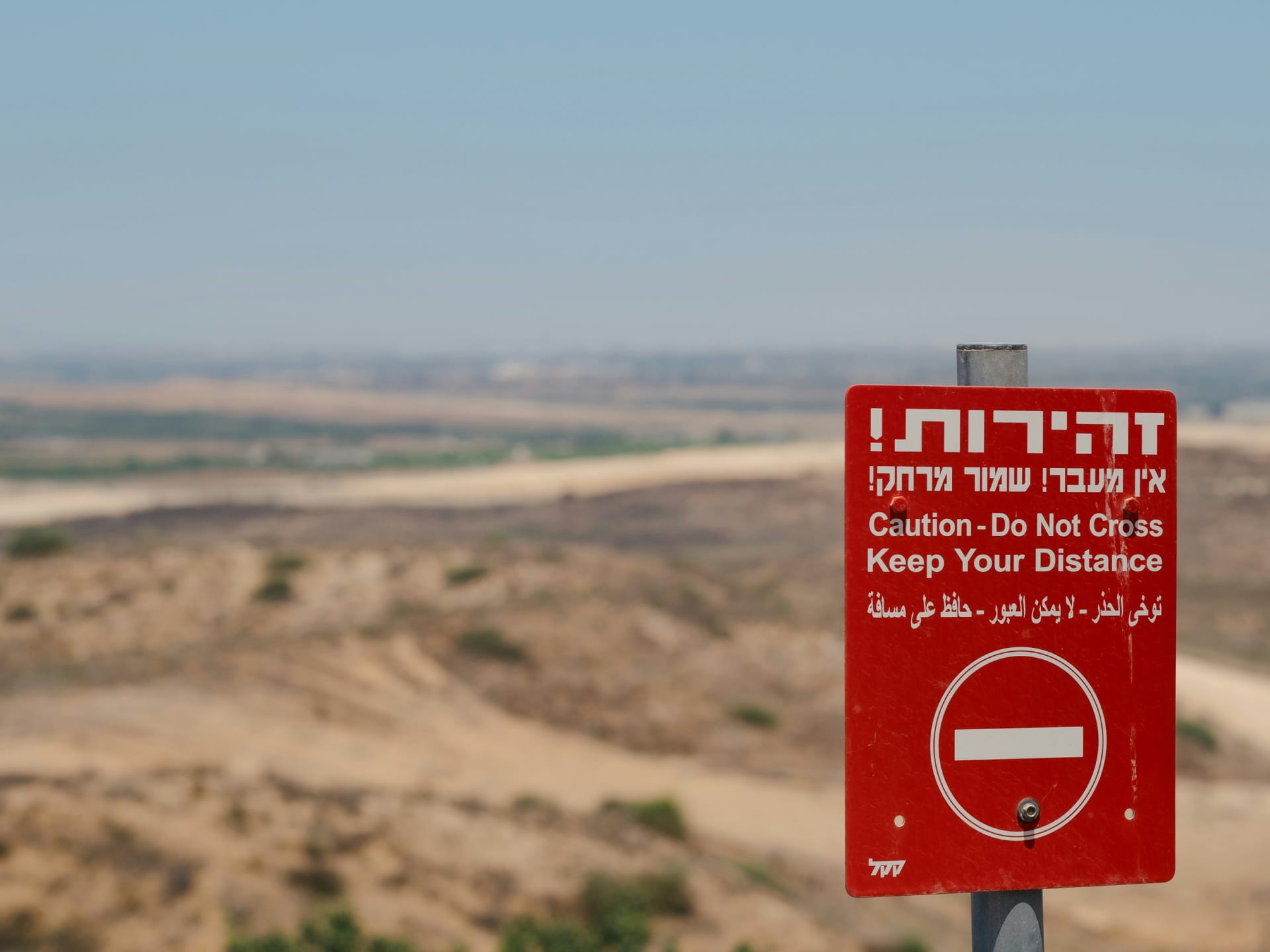Nov. 04, 2024 |
5 W Main: Righteous Victims. Over the last month, the Israeli Defense Force has been ordering Palestinian residents of northern Gaza—in Biet Hanoun, Beit Lahiya, and Jabalya—to move southward. The UN estimates that the IDF has expelled some 60,000 from these neighborhoods, while some tens of thousands still remain. Meanwhile, in the last few weeks, Israel has tightly restricted the number of food trucks entering Gaza—with virtually none now reaching the North.
The IDF has a straightforward explanation: It’s fighting Hamas in and around these neighborhoods. Others are implying more complex motives: Human-rights groups focused on the situation of Palestinians in northern Gaza are alleging that Israel might now be starting to carry out some version of the so-called “Generals’ Plan”—published in September by the Israeli NGO Forum of Commanders and Soldiers in the Reserves—which calls for the hundreds of thousands of Palestinians who live north of the Netzarim Corridor to move south; for those who remain to be treated as combatants; and, in the words of the plan’s principal author, the retired IDF major general Giora Eiland, for forcing them to “surrender or to starve.”
We can’t yet know the extent to which this vision informs the IDF’s strategy in northern Gaza, but it’s not obscure. This January, 11 Israeli cabinet members participated in a conference in support of resettling Gaza, where Israel’s minister of communications, Shlomo Karhi, endorsed “encouraging voluntary emigration” of Palestinians in Gaza. As one banner at the conference expressed the view, “Only a transfer will bring peace.” And last month, the minister of national security, Itamar Ben Gvir, echoed the same language rather precisely: “We will encourage the voluntary transfer of all Gazan citizens.”
The history of the idea of “transferring” Palestinians is one of the subjects of the Israeli historian Benny Morris’s classic 2001 book, Righteous Victims: A History of the Zionist-Arab Conflict, 1881-2001. Morris chronicles the development of the idiom of “transfer” in the context of Israeli forces’ expulsion of Palestinians from their homes in 1948—and other expulsions since—largely as the implementation of policies formulated by Israeli leaders, not on the far right but on the liberal left. It’s a history Morris himself belongs to: He’s not a partisan of the Israeli right; he’s been opposed to it throughout his life; but he takes the view now that it would’ve been for the best if Israel had fully expelled the Palestinians when it had the chance.
—Gustav Jönsson

